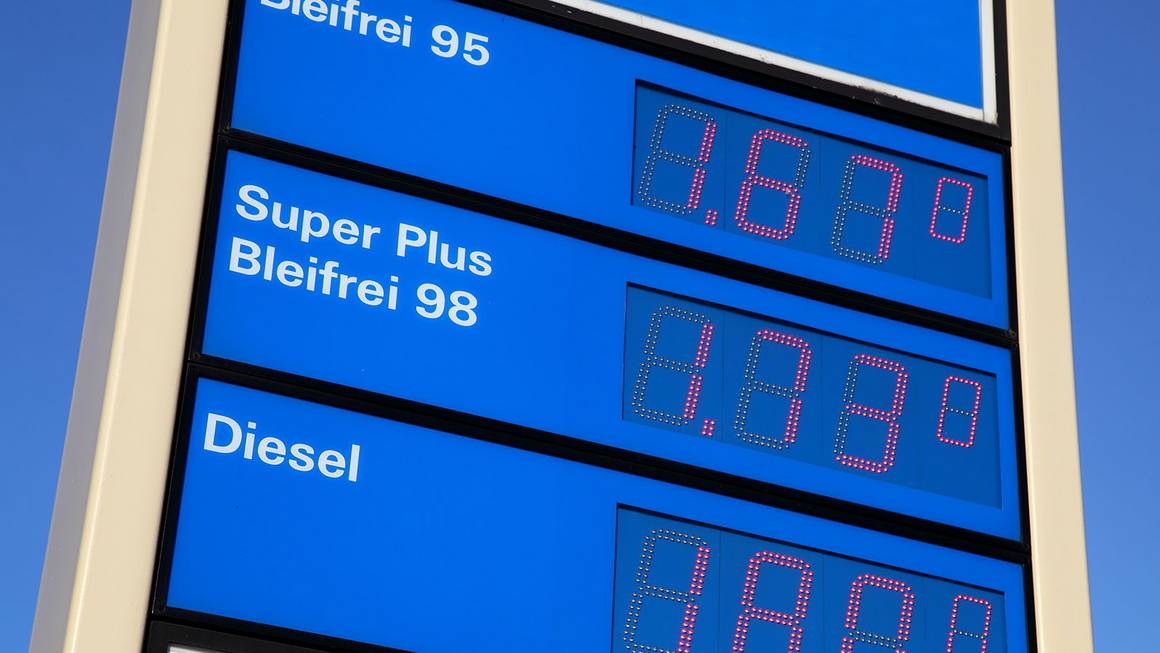In 2016, the German government adopted its first-ever GHG emissions target for the transport sector: the “Climate Protection Plan 2050” calls for a 40–42% reduction by 2030 (in relation to 1990 levels). In August 2018, Agora Verkehrswende published a study titled “Klimaschutz im Verkehr: Maßnahmen zur Erreichung des Sektorziels 2030” (Climate Protection in the Transport Sector: Measures for Achieving the 2030 Sector Goal). This study evaluated the feasibility of fulfilling the 2030 target, yet without conducting a comprehensive assessment of potential policy instruments.
Climate protection policies should not be judged solely based on their economic efficiency or ability to bring about emission reductions. They must also be considered from the perspective of social justice. The “yellow vest” movement in France has vividly demonstrated the potential for environmental policy to spark social unrest. Accordingly, social acceptance for the decarbonization of the transport sector can only be attained if the full effects of this transformation are publicly discussed and understood.
Against this backdrop, this study will conduct a more comprehensive assessment of policy options – while devoting particular attention to their distributive effects – in order to illuminate how carbon abatement targets in the transport sector can be achieved in a socially equitable manner. In addition to options for configuring various policy instruments, the study will consider potential supplementary measures that can help to minimize undesired social effects.



